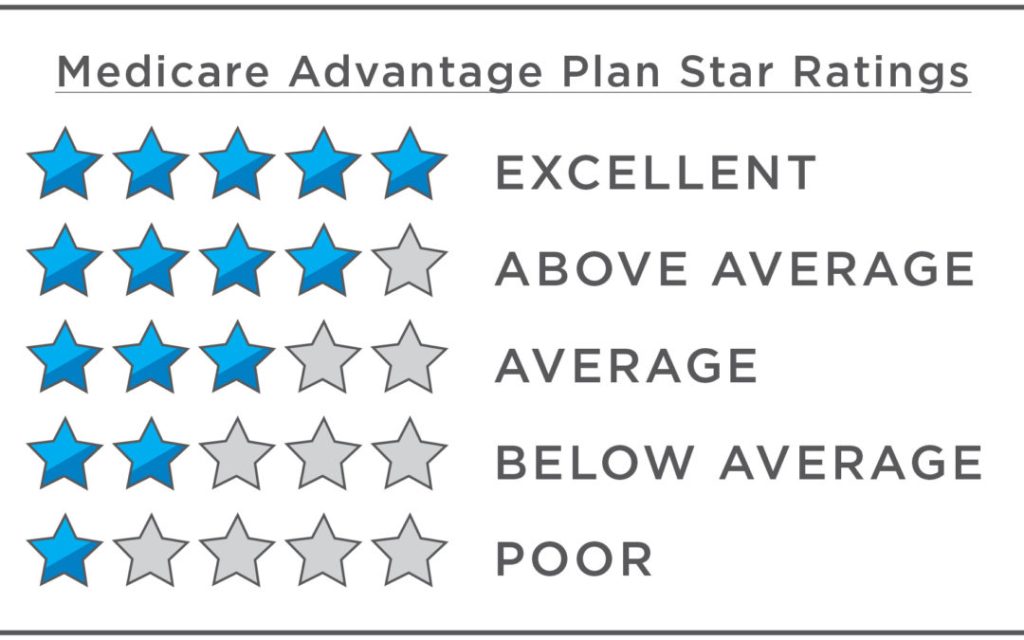Getting Paid for Transitional Care Management (TCM)

Medicare adopted transitional care management (TCM) payment codes in 2013 to encourage clinicians to provide TCM services after beneficiaries were discharged to the community from medical facilities. As a result, Medicare spending on TCM services increased over 200 percent between 2013 and 2016, and studies show that these services significantly reduced cost and mortality in […]
Medicare Payment Advisory Commission (MEDPAC) Reimbursement of Evaluation & Management Codes

MEDPAC recently issued a report to Congress. It reviewed the reimbursement levels for office-based E/M codes versus procedural codes. The commission recommended a significant increase in the reimbursement of E/M codes. The increase ranged from 5% to 30% as a pay increase. The commission stated that over time there has been a “passive devaluation” of […]
Developing a High-Performing Ambulatory Care Network

Success in a value-based services environment requires physicians to: (1) continue improving the quality of their services, and (2) provide those services in an efficient manner to reduce the cost of care. In addition, physicians and ambulatory networks must strive to be high-performing in order to earn shared savings. A recent Healthcare Financial Management Association […]
Medicare Advantage Star Rating and the Provider: Rewarding, Complex and Competitive

CMS created the Star Ratings system in 2008 to help seniors compare quality and performance among Medicare Advantage (MA) Part C plans and Part D prescription drug plans (PDPs). Insurance companies also benefit, as a plan’s star rating influences patients and directly affects membership growth. In 2012, CMS upped the ante by linking premiums and […]
Shared Services Model – An Option for Small Physician Practices to Transition to Value-Based Care

Shared service providers help small physician practices transition to a value-based care environment. These organizations [i.e. Clinically Integrated Networks (CINs), Independent Practice Associations (IPAs), payers and/or private health care firms] also allow physicians the option to remain independent. Small practices can form groups or “pods” that contract with shared service organizations to share and manage […]
The Benefits of Clinically Integrated Networks for Physicians

There is a trend in the local and national health care markets towards value-based contracting. This requires a focus on improving a practice’s quality score and reducing the cost of care. Clinically integrated networks (CINs) are integrated systems of physicians, hospitals, and other medical facilities that collaborate to improve quality, patient satisfaction and efficiency of […]
Capitalize on Claims Data to Benefit Your Practice

Despite the past year of uncertainty surrounding healthcare policy, one objective has remained consistent. As payment models shift from fee-for-service to value based care, physicians are more accountable than ever for providing high quality services, while lowering the overall cost of care. Yet today’s primary care physician (PCP) is responsible for more than the care […]